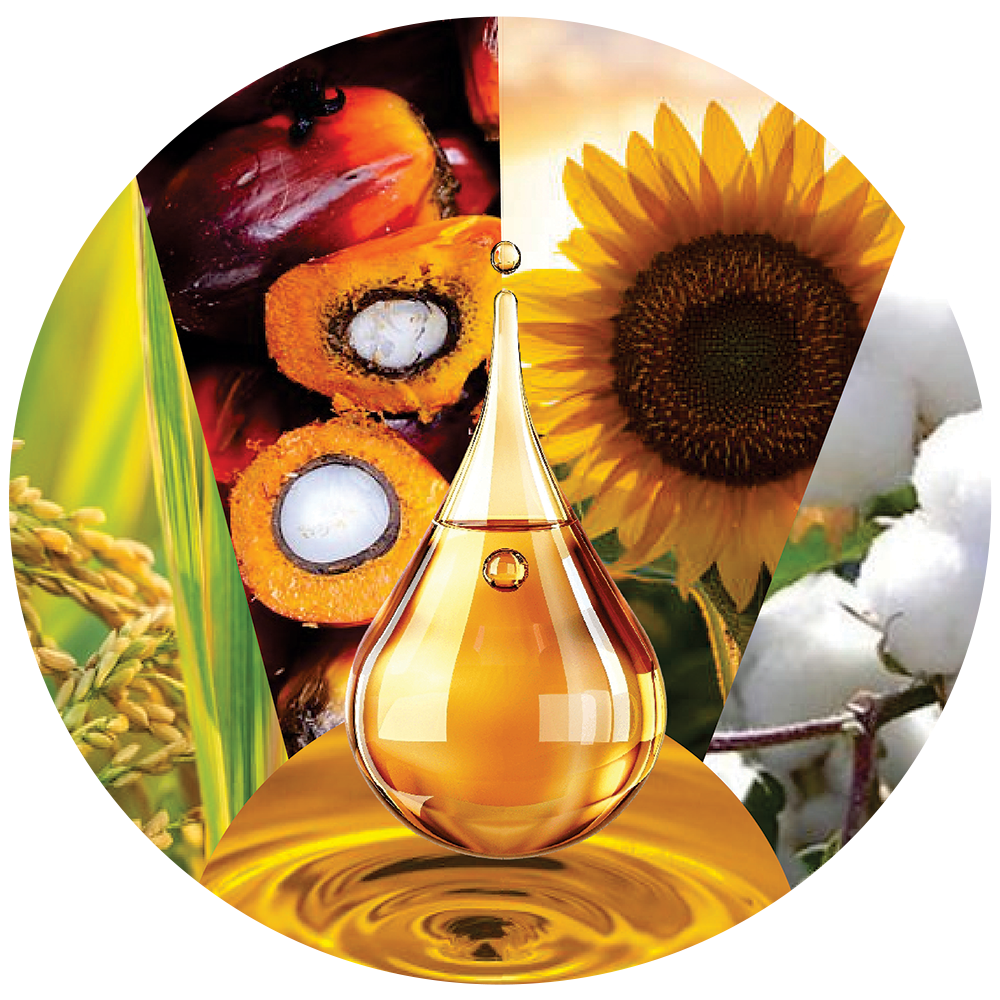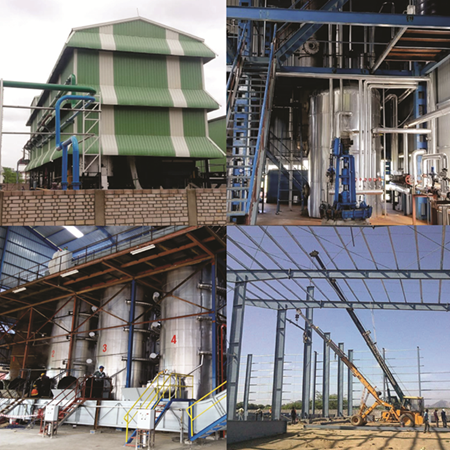Mr. Venkateswara Rao, Managing Director, Raavi Agro Oils Pvt Ltd.
Customer
Welcome To Alphatech System
Solvent Extraction Plants | Edible Oil Refineries | Palm Oil Mills Pre Engineered Buildings | Material Conveying Equipment’s & Custom Engineering Equipment’s



Alphatech Systems is a dynamic, ISO 9001-certified organization specializing in the design, manufacturing, and supply of process equipment for various industries. From Edible Oil Solvent Extraction, Vegetable Oil Refineries, Palm Oil Mills, Feed Mill Equipment’s, Centrifugal Fans, Chemical Reactors, Material Conveying Equipment’s, Storage Tanks and Pre-Engineered Buildings.
We offer comprehensive engineering solutions tailored to our clients’ needs. With over 30 years of industry experience, we’ve built a solid reputation, serving a diverse clientele across South India with high-quality machinery and structural fabrications.
Our journey started with a mission to deliver efficient and customized engineering solutions, helping our clients succeed and grow. Today, we are celebrated not only for our technical expertise but also for our commitment to integrity, precision, and excellence in every project.

"ALPHATECH SYSTEMS” started its journey with a very humble beginning in 2014 in Guntur, Andhra Pradesh as suppliers of Solvent Extraction plant and machinery with specialization in Edible oil Projects, soon made its mark as one of the highly reputed and trustworthy Edible oil plant supplier in India amongst the market leaders in the edible oil segment.
Project Complete
Awards Winning
Happy Client
Success Rate